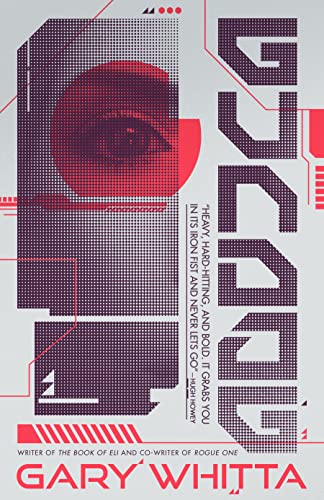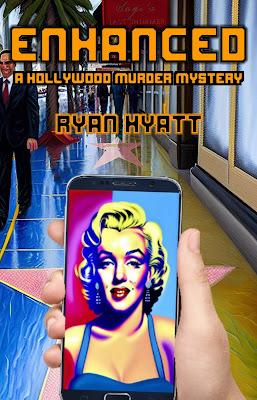Gary Whitta's Gundog follows Dakota (why couldn't it have been Yoshimi?!) as she escapes a work prison run by the Mek, a hostile alien race of robots. She follows a cryptic map once tattooed on her brother's now missing arm and also tattooed on the arm of a drifter named Falk that shows up in the prison camp. The robotic Mek don't really have any reason to keep the humans around other than perhaps as some kind of trophy. Whitta doesn't give us much to go on about the Mek, other than that they are cruel, advanced, and in the habit of taking over planets. They are easy to loathe and, really, they are cannon fodder.
Dakota's mother, Rosie, was a Gundog gunner, and a fairly good one, we're told, making her last stand at the Battle of Bismarck and dying with her 'dog. The Gundog is a nod, nearly in name as well, to Gundam Wing. Similar to the wings, the Gundog is a mech piloted by humans with lots of guns (but no dogs).
Dakota follows the map and finds an AI facsimile of Rosie who has created a bigger, badder Gundog. Dakota, along with a diffident engineering genius named Runyon with an eidetic memory train to run the 'dog and then set out on a big 'ole vengeance tour. Dakota is hell bent on not shooting 'til she sees the whites of the Mek's eyes, which gets her and Runyon in a lot of trouble, as the Mek are tough and like to call in their position to legions of other Mek.



